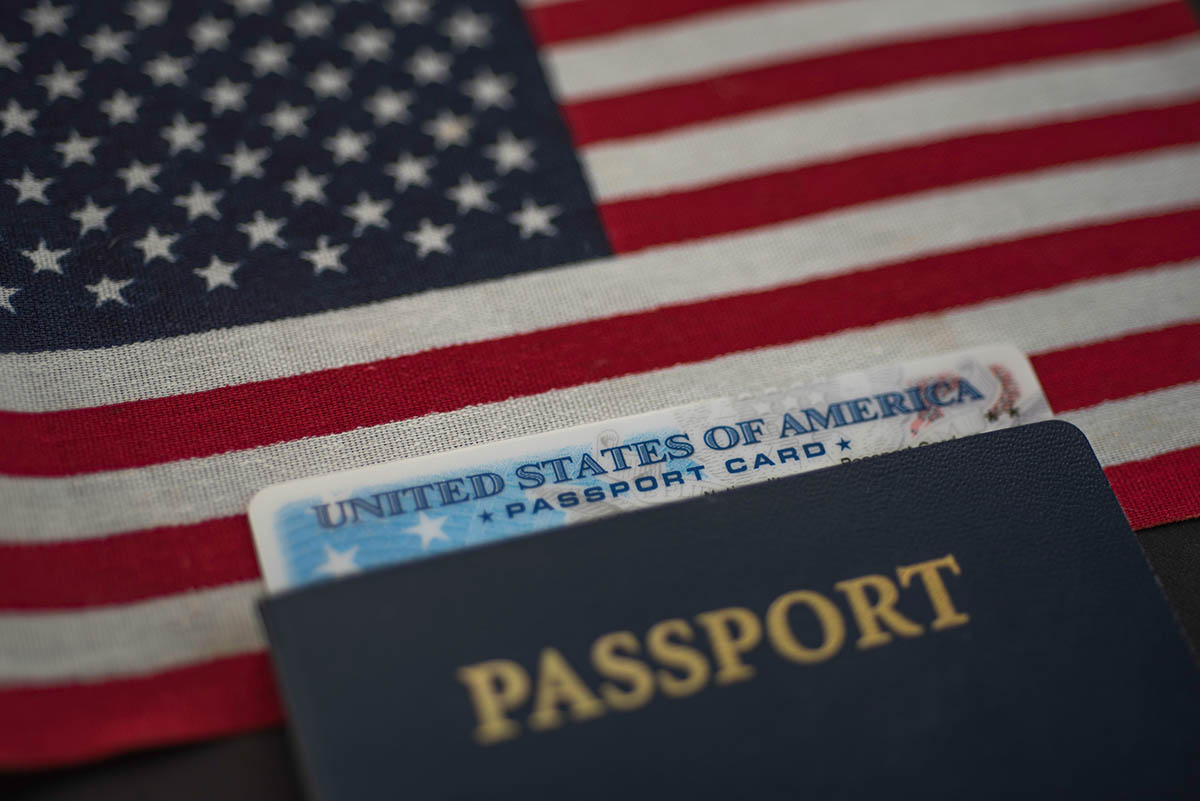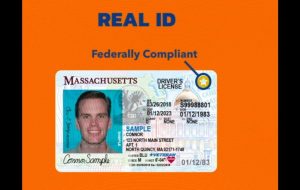What Is Dual Citizenship? Does the United States Allow It?

/ 5 Stars read 3 min
As globalization continues to make the world we live in increasingly interconnected, the idea of dual citizenship has become a topic of growing interest to many. Essentially, dual citizenship refers to a person’s ability to hold the citizenship of two countries at the same time. For many, this option presents a pathway to greater mobility, business opportunities, and family connections.
Despite the many benefits that come with dual citizenship, there is still a great deal of confusion surrounding the topic, particularly when it comes to the United States. In this post, we’ll explore what dual citizenship is, what it can offer individuals, and whether or not the United States allows it.
What Is Dual Citizenship?

Dual citizenship is essentially the concept of one person holding citizenship in two countries. While criteria for dual citizenship may vary from country to country, it is generally attained by an individual who is either born to parents of different nationalities or who has decided to formally apply for citizenship in another country they are not originally from.
Dual citizenship can come with many benefits, including greater access to travel and the ability to vote, work, and live in two countries with greater ease.
Does the United States Allow Dual Citizenship?
The United States does, in fact, allow dual citizenship, but it can be a bit tricky to navigate. In the U.S., naturalization is the process by which a foreign citizen becomes an American citizen. This process typically involves renouncing one’s prior nationality and pledging allegiance to the United States.
Benefits of Dual Citizenship
Having dual citizenship can provide a variety of advantages, including greater mobility, better access to work opportunities, and the chance to maintain strong family connections across borders. With dual citizenship, an individual may gain access to countries that have more favorable business and economic climates as well as the ability to more easily operate international businesses.
Additionally, dual citizens may be more easily able to take advantage of job opportunities in two countries, which can be particularly useful in the modern world when remote work and online collaboration are becoming increasingly common.
What is the Downside of Dual Citizenship?
While there are certainly many benefits to having dual citizenship, there are also some potential drawbacks that individuals should be aware of. For one, dual citizenship can make it more difficult to navigate political turbulence in one’s home country.
How to Obtain Dual Citizenship?
The process of obtaining dual citizenship varies depending on each individual’s country of origin and the country they hope to gain citizenship in. Generally, it involves working with both the country of origin and the one where the individual wishes to obtain a second citizenship to fill out the appropriate paperwork and meet all necessary application requirements.
With dual citizenship, however, it is important to keep in mind potential conflict issues that may arise between two countries, including the possibility of being drafted in times of war.
Conclusion:
Dual citizenship can provide numerous benefits from a variety of perspectives, including personal, financial, and lifestyle. While the U.S. does allow dual citizenship, the specific requirements may vary from country to country. Nevertheless, individuals who hold dual citizenship must be careful to observe the legal requirements of both countries to avoid conflict or legal trouble.
Get an Expedited Passport in As Little as 24 Hours!
Looking to travel in 30 days? And need to replace your passport, renew passport or get a new passport. U.S. Passport Help Guide provides all passport expediting services with passport services starting as low $199.00
Get an Expedited Passport Today!


